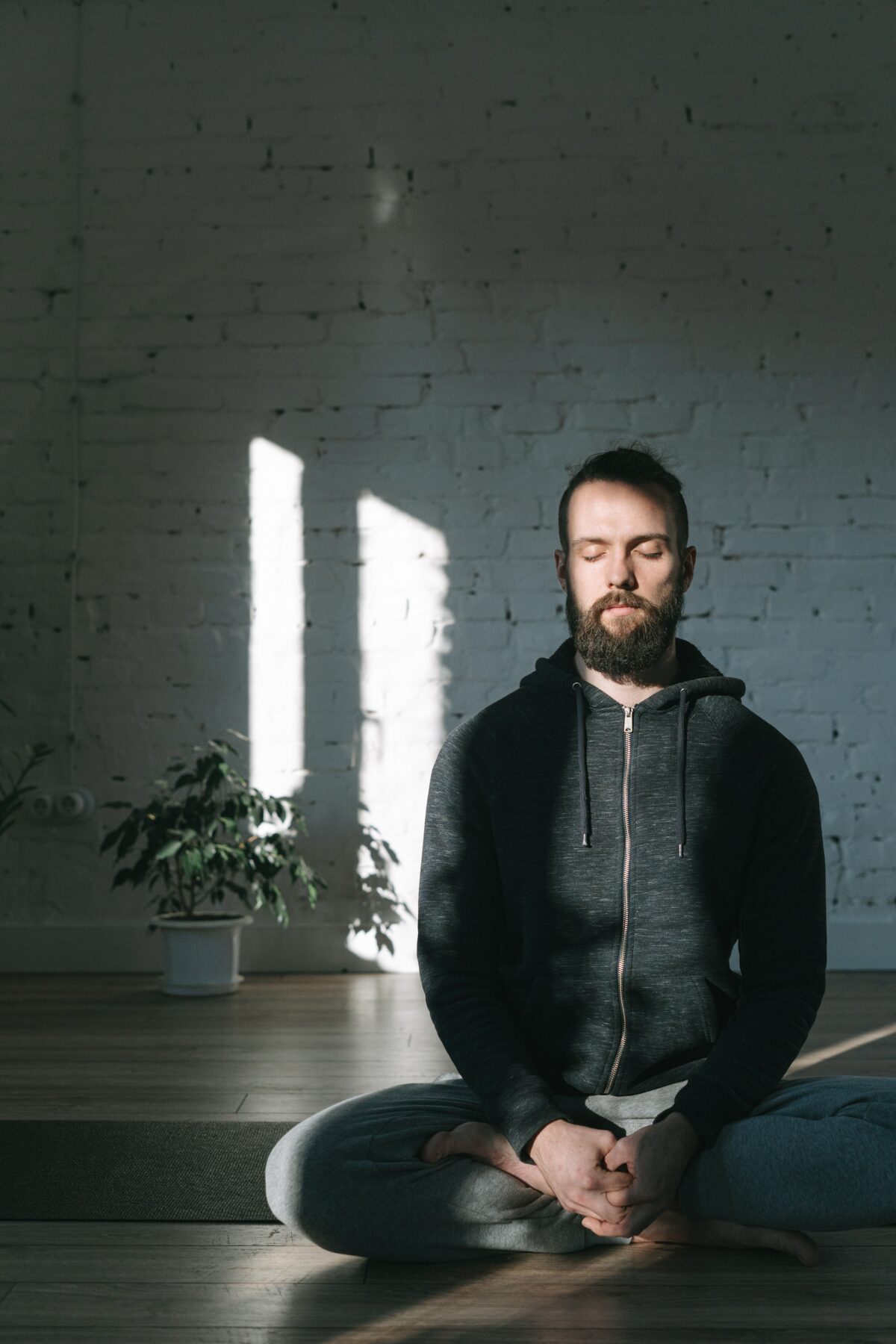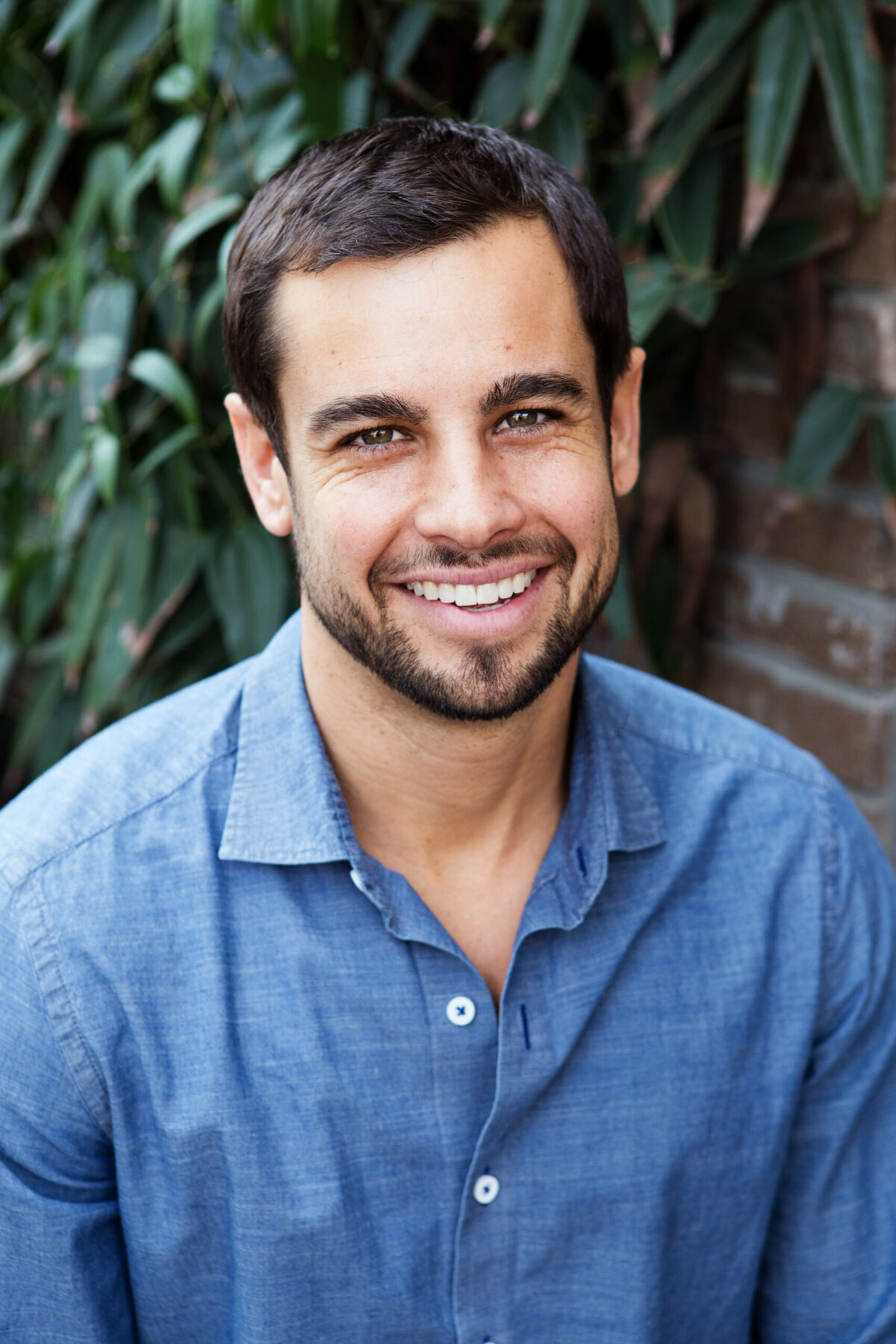Empowering Men’s Personal Growth

Many of us grow up learning that vulnerability is a weakness and that only certain emotions are allowed. Whether we learned that from parents, family or school, it was especially loud messaging to men. It’s only when we’re confronted with adult romantic relationships that we may realize this leaves us unfulfilled and blocked. However, when we apply a fitness lens to healthy relationships, we can optimize our emotional awareness and quality of relationships through practice and intention. Now that’s a worthy goal!
How do we improve our relationships? We first must recognize that emotions carry information and we may have cut ourselves off from receiving the data. Throughout our lives, certain emotions may have been tolerated and others strictly prohibited. I have a client whose parents would put a quarter in a jar every time they wouldn’t cry. From this experience, my client learned that crying wasn’t OK, so they became disconnected from their sadness. While, on the surface, that may seem immaterial, fast forward to the present day and they’re having trouble connecting with their partner.
We know from psychological research that people tend to bond through emotions more than logic, so letting others witness our emotions, even if they feel vulnerable or unfamiliar, can allow them to relate to us in new ways that may break through barriers of disconnection.

Sadness may be a sign that a need or value hasn’t been met, so when we take the time and space to feel the emotion, we learn to identify what’s needed. We then have more self-awareness and valuable insight to advocate for ourselves. Maybe the “aha” is realizing that when our partner says a certain thing or does a specific behavior, it hits the same nerve as a childhood frustration, leading to what seems like a more intense reaction than expected. When we’re able to communicate these thoughts, we’re more likely to recruit our partner or friend’s care because they can empathize with our experience instead of resenting and antagonizing it.
It takes courage to express how we feel, ask for care or make a request. But if fitness teaches anything, it’s to keep moving through the highs and lows of the day or week, stay in practice and get better over time. I challenge you all, especially men, to practice noticing how you feel and build up the courage to express the hidden emotion or need with as much skill as possible.
How do we communicate with skill? Attunement. Attunement is the capacity to notice and respond to the other person’s energy and nonverbal communication, as well as your own. For example, if there’s something significant that you want to talk about, but your partner seems stressed or overwhelmed, it may not be attuned to “dump” on them at the time. It takes humility and patience to wait another hour or day when they seem more grounded or available to get into something important to you. When you’re able to wait or help provide resources, then they can meet you in a way that feels better for them, and probably for you as well.
Now that we’re taking time to notice our inner world and emotional landscape and advocating for ourselves with more skill, how supported do we feel by our larger community? Do we have a sense of belonging and connection, or do we feel isolated? Have we had meaningful rites of passage that bonded us with other men and the community? It may be unlikely, so how do we authentically connect with others and share in the ups and downs of life in a satisfying way? We can go to men’s retreats, which are now taking place all over the world, with many facilitators here in Austin. Or if that’s out of reach, we can join a men’s group in person or virtually and connect with others who aspire to keep growing in physical and mental well-being.
I honor the bravery it takes to dive into painful memories or emotions, to ask for support in ways we may have not gotten in the past or to seek out fellowship and brotherhood while feeling alone. I trust that your efforts aren’t in vain and that you’ll be rewarded several-fold with richer relationships and more depth as you lean into growth over the status quo. Your friends and partners will thank you. Wherever you are in your journey, we’re in it together.
About the Author

Peter Craig is a TEDx speaker on men’s work, an individual and couples therapist specializing in peak performance, psychedelic integration and personal growth at Presence Wellness.






